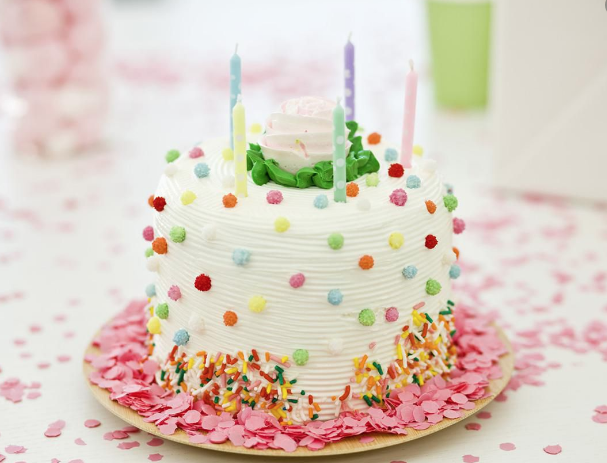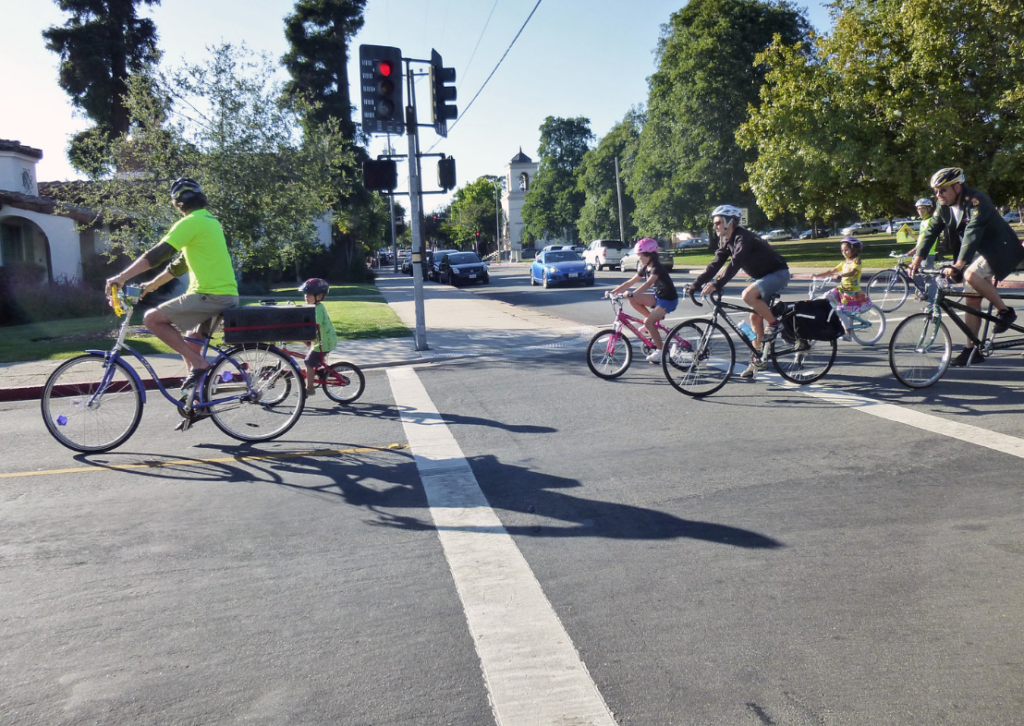
| Before the COVID-19 pandemic, how many of you appreciated the work of airline reservationists, garbage haulers, grocery store cashiers, delivery people, janitors and housekeepers, waiters, and waitresses, cooks, and bakers, etc. Like rambling Oscar winner accepting her award, I know I’m leaving so many others out. But the cogs in the wheels of society are rarely valued until the machinery is exposed. And right, now, everything is exposed. My daughter turned 17 yesterday. Her birthday was a quiet, at-home-sheltering affair with a Zoom session with friends and more time with family. A very bright spot: a birthday cake from a local baker, who I profusely thanked for her confectionary ray of sunshine. Who knew bakeries were essential and still open during a pandemic? The truth is so many people are essential to our civic functioning who go unnoticed or are only casually recognized. We herald our doctors, but often forget our nurses, hospital administrators, or janitors, who are working extra hard now to keep things sanitized. The seamless way packages arrive at our doorsteps shields us from the role package pickers, boxers, drivers (again, I can only guess how many I’m leaving out.) play in getting goods to us often within a day of ordering. We love (for Trader Joes that’s not too strong of a word) our grocery stores, but typically don’t think about people inside them keeping shelves stocked. A recent story in the Wall Street Journal mentioned how the pandemic might close our borders to new immigrants in the future, but noted that it’s immigrants who are doing much of the work on the front lines of COVID-19. They’re in the hospitals, in the grocery stores, and out mowing our lawns. Many of them are afraid of getting sick, but they’re still doing the work because they need a paycheck or simply because they feel it’s the right thing to do. All of it reminds me of the reflection I use before I teach students how to eat a grape mindfully. Before we begin, I ask students to picture a vineyard and imagine the causes and conditions that came together to put a single grape in their hands. Sun, rain, and soil nurture the vines. Farmers tend to the grapes. Pickers harvest them, and factory workers package them. Drivers bring the grapes to stores traveling along roads others built. And grocery store employees set the bunches of grapes on the shelves so we can buy them. Those are just the top notes in a series of mind-boggling connections involving a single grape. Every day, countless relationships allow our lives to hum along often without a glitch. Once in awhile, it’s worth picking out an object – your toothbrush, your shoe, or your computer – and think about the invisible hands that brought it to you. It’s good to remember how connected we are and how many unrecognized people support us. New Yorkers, like Italians, are leaning out their windows and banging their pots and pans to salute doctors, paramedics, and, yes, nurses as they battle a rising tide of COVID-19 cases. Let’s do some “Hip Hip Hoorays” for everyone else as well. Feel free to thank the UPS delivery person, the grocery store cashier, and the smiling baker, too. At the beginning of COVID-19, I called Alaska Airlines to cancel a plane ticket. It took me a long time to get through. When I finally got to a representative, it occurred to me to ask her how she was doing. Surprised by my question, she paused. Then, she gave me an honest answer. She told me that the night before – after a long day of handling calls from frustrated and angry customers – she broke down and cried. Everyone and, particularly those we don’t usually recognize, is trying to do their best right now. And that alone deserves our thanks. |
On My Mind
| Sometimes just a few well-written words can lift us from despair. The other day, I sent these lines from poet Linda Hogan to a friend, who told me that after reading them she could feel her shoulders drop. May they bring you ease as well: Suddenly all of my ancestors are behind me. Be still. They say. You are the result of the love of thousands. |


